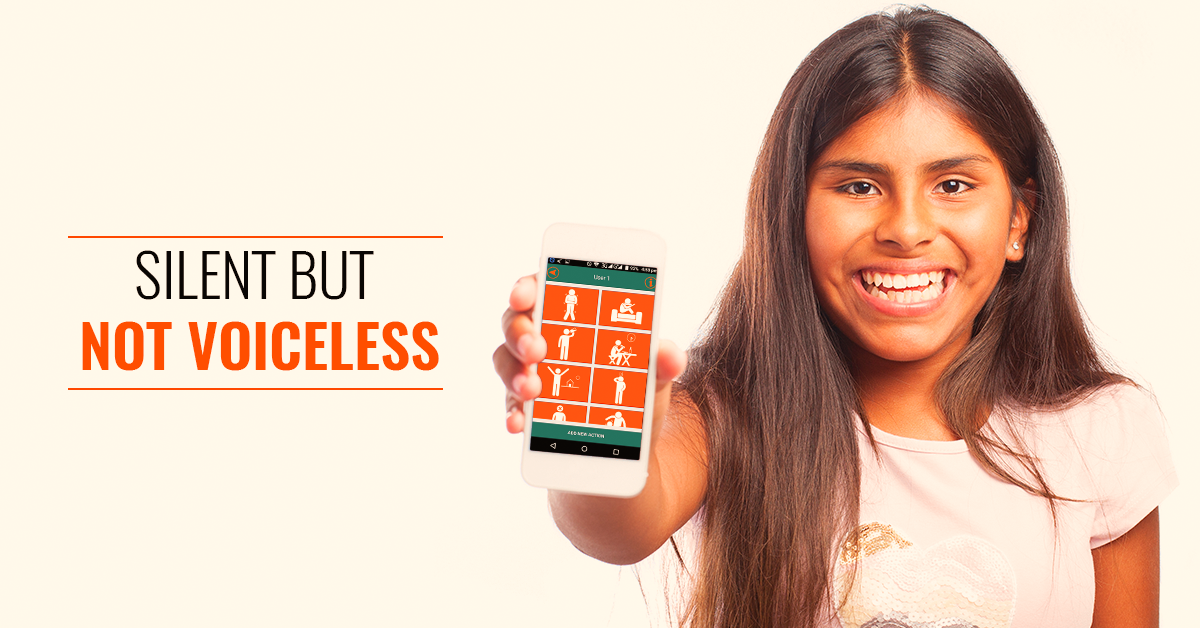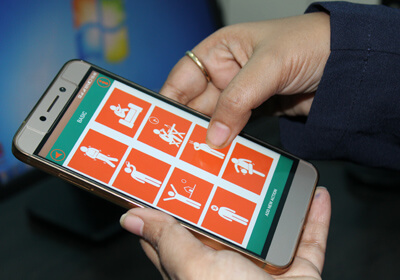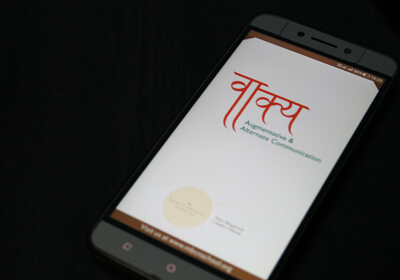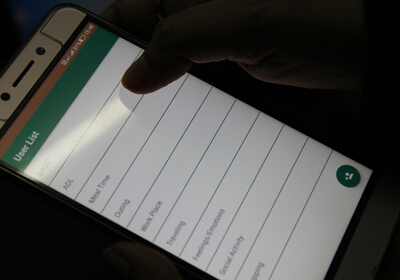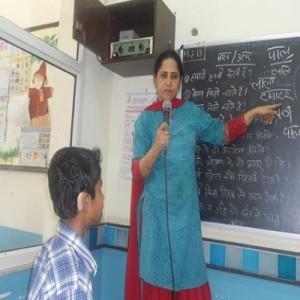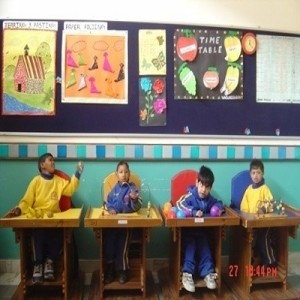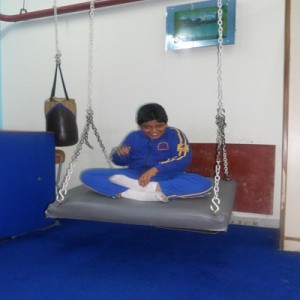Vaakya: Giving ‘voice’ to the differently abled
Smartphones, laptops, and tablets have revolutionized mobile technology and the way we communicate with each other. The mobile app market is flourishing due to the increased usage of smartphones. New apps roll out every day to make our lives easier and entertaining.
Everyone faces hardships and difficulties at some point, but for people with disabilities, barriers can be frequent and with a greater impact. Communication is one of the many barriers that can make it extremely difficult or even impossible for specially abled people to function. It is experienced by people who have disabilities that affect hearing, speaking, reading, writing and understanding different ways to communicate externally.
The technology we use on a daily basis can be used to help the lives of disabled people. Assistive technology is often thought of as wheelchairs and hearing aids, but it’s actually an umbrella term that covers everything from pencil grips to latest technology tablets.
To help people with severe communication problems, we have designed a picture-based augmentative and alternative communication (AAC) app. Vaakya that assists people with speech impairments. This app can be utilized during rehabilitation and conventional speech therapies. For individuals who are unable to read and communicate, the app works as a useful tool as it relies on pictures (for visuals) and audio instead of text. With the app, one can create a combination of pictures and audios related to his/her needs, to help them communicate effectively. For educators, therapists and guardians, multiple user accounts can be created that will contain pictures and audios, the combination of which helps derive a seamless expression.
Vaakya is available, free of cost, on Google Play Store.
Download it here: https://play.google.com/store/apps/details?id=com.mbcnschool.org



